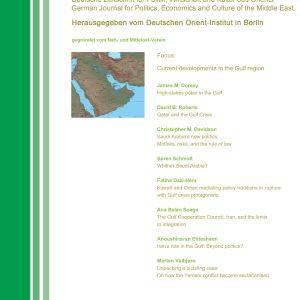Description
With the 1990s, the belief that economically and politically unstable states pose a threat to global peace and security became widespread. As a result of this belief, the stabilisation of these states through foreign aid began to be evaluated as a collective responsibility. Afghanistan is one of these examples, especially within the framework of the efforts carried out in the post-2001 period. Although 20 years of efforts have failed to stabilise the country, the international community faces a serious dilemma in providing aid to the Taliban regime. This article discusses the effects of foreign aid and state-building policies in Afghanistan since 2001, and the challenges of maintaining of foreign aid to the country during the Taliban rule.
Emrah Özdemir is Associate Professor of International Relations at Çankırı Karatekin University. His research includes global politics, security studies and war studies, specifically irregular warfare, and post-conflict remedies. He has published articles in a number of prestigious journals and chapters in books such as Routledge Handbook of Peace, Security and Development, Encyclopedia of Violence, Peace, and Conflict (3rd Ed.) and The Future of Middle East.




Reviews
There are no reviews yet.